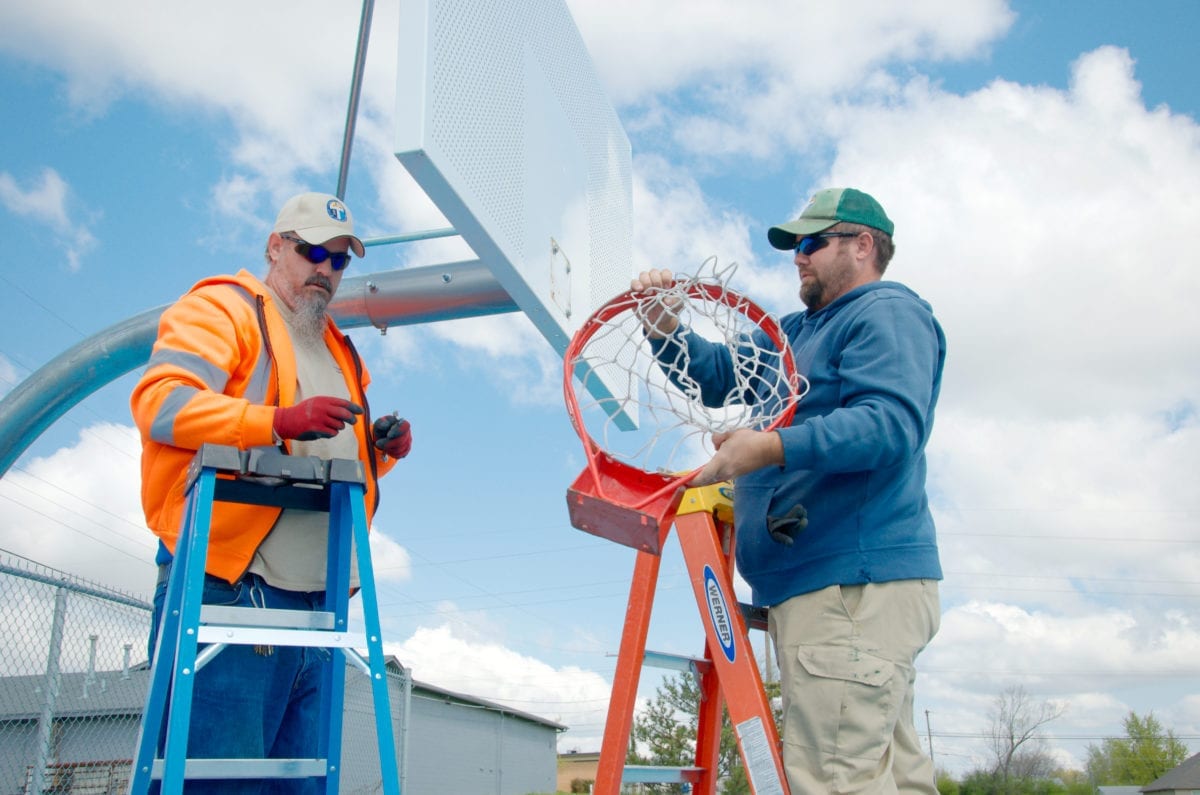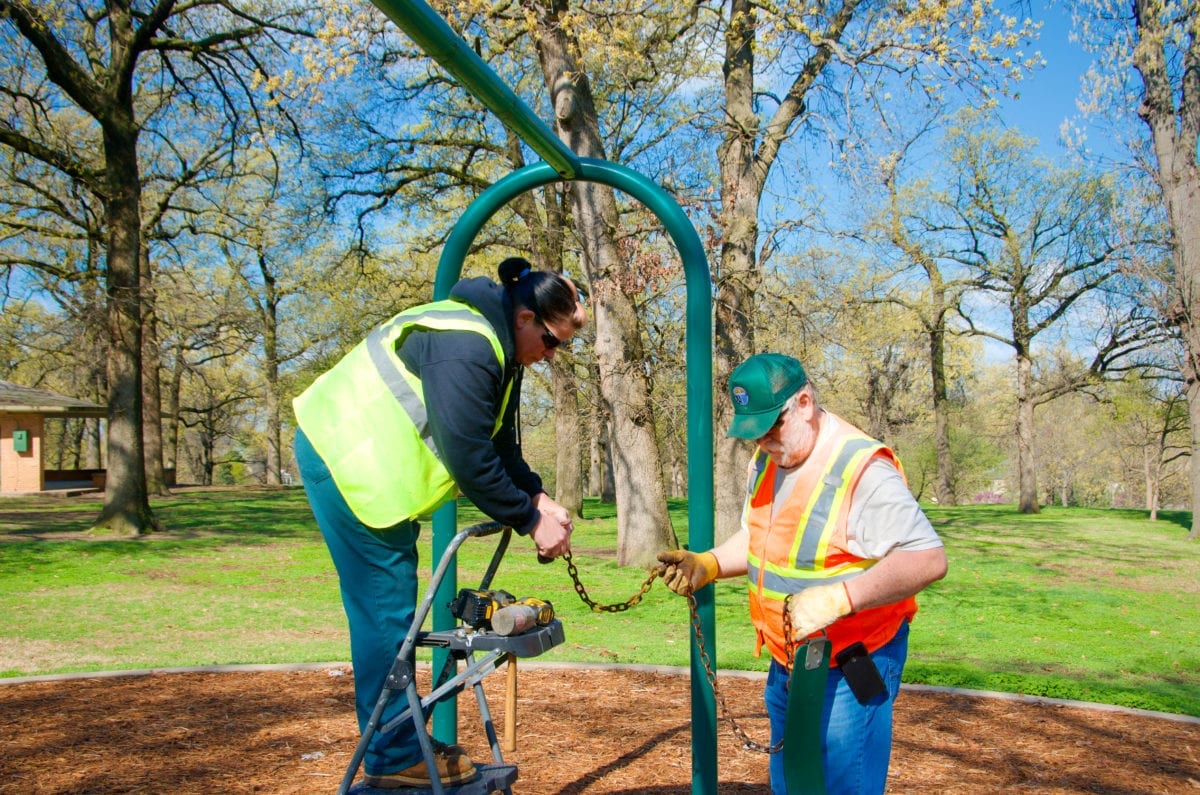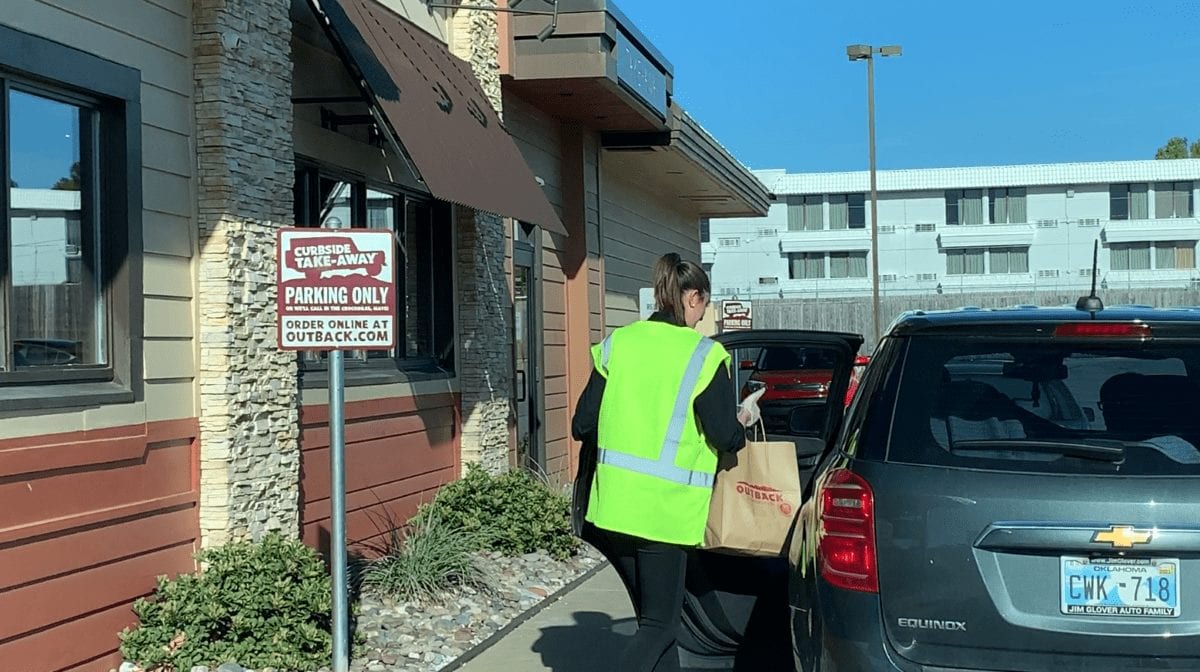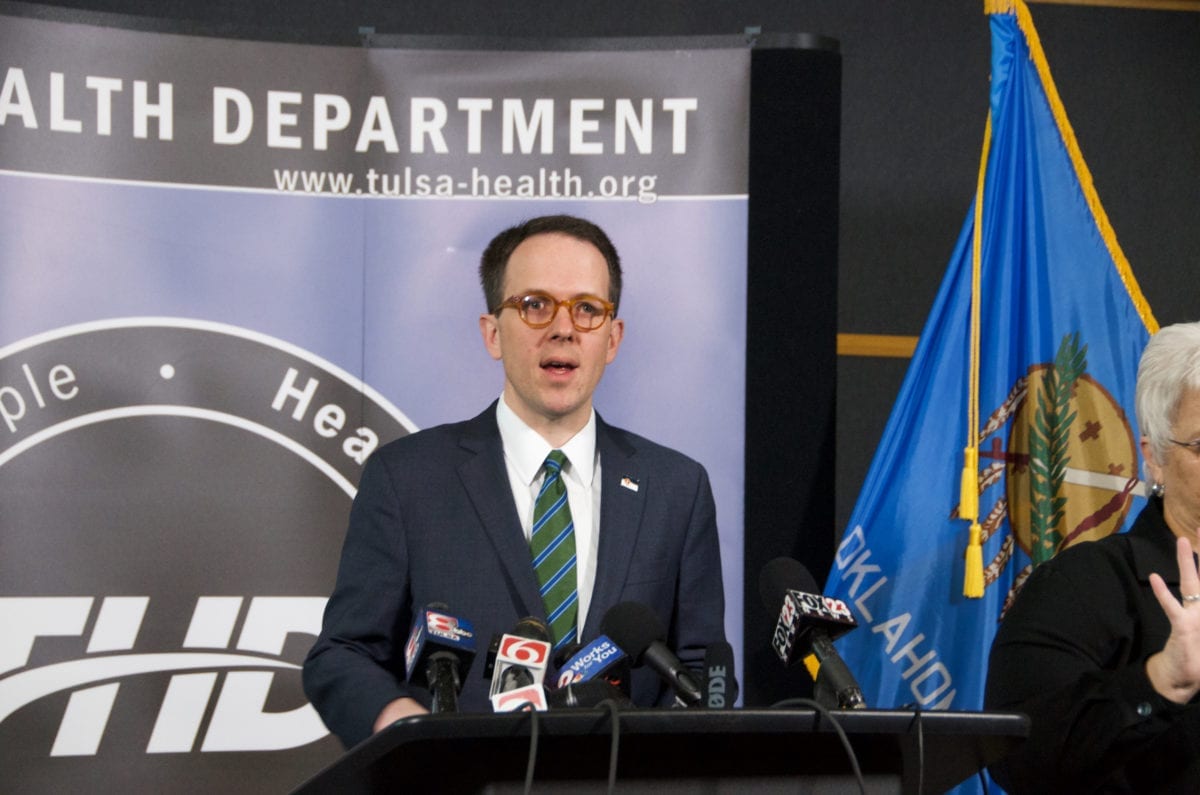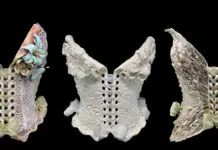Oklahomans demonstrated concern for their neighbors during the height of the COVID-19 pandemic by staying home, washing their hands and donning face masks for essential trips. Due to city or state mandates, many people closed or curtailed their businesses, knowing they might never recover from the financial setback.
Gov. Kevin Stitt says that same level of common sense and caring for one’s fellow man will be a contributing factor as the state works toward economic recovery.
“It may seem counterintuitive, but one of the easiest ways Oklahomans can help the economy bounce back is to stay home if you’re feeling sick,” says Stitt. “I know many Oklahomans value working hard to support their families, but this virus is not something to try and power through while still going to work. Staying home if you feel sick can help us isolate you before it spreads to your entire company and the business is disrupted.”
Oklahoma City mayor David Holt stresses continual planning and a cautious attitude.
“To get economic activity back to where we once enjoyed it, we must have a robust testing, training and quarantine structure in place,” he says. “There are still a lot of people who haven’t fully accepted that this disease has no vaccine and no proven treatment. We are going to live in its shadow for many, many months.”
Economic growth “is very closely tied to consumer confidence,” says Tulsa mayor G.T. Bynum. “As we look toward the coming months, it will be very important for us to help our residents understand how closely linked public health and economic growth are. We all have to take the potential for a resurgence of the virus seriously, so as we begin stepping back from strict social distancing measures – visiting the restaurants we all desperately missed in March and April, or shopping at our favorite local retailers – we have to continue following guidance to avoid crowds, properly wash our hands and wear face coverings.”
Oklahoma City leaders responded quickly to the crisis with a stimulus package known as the Small Business Continuity Program, Holt says, which was funded with $5.5 million allocated from the city’s Strategic Investment Program, approved by voters in 2017. The program provided cash incentives, no- and low-interest loans, and technical assistance for small businesses. To qualify, companies had to demonstrate a 50% drop in revenue between March 16 and April 15 compared to a year ago. The city set aside 25% of funding for businesses operating in low-income areas. Much of the money was stipulated for payroll and operational expenses to help retain employees and keep businesses afloat.
“More long term, we just passed MAPS 4,” says Holt. “It’s really interesting to me that MAPS 1 passed about a year before the [Alfred P. Murrah Federal Building] bombing. It was not a response to the bombing, but implementation came after the bombing.
“We passed MAPS 4 just a few weeks before the pandemic started. Now we will get to see that billon-dollar package roll out on the other side of COVID-19. So the seeds of our recovery have already been planted.”
The City of Tulsa took the pandemic seriously – going as far as to deconstruct playground equipment in several parks to follow the Centers for Disease Control and Prevention’s guidelines.
Photos courtesy the City of Tulsa
Funded by a one-cent sales tax projected to raise $978 million over eight years, the 16 MAPS 4 projects include youth centers, senior wellness centers, a new animal shelter, a new multi-purpose stadium and new and upgraded parks, sidewalks, bike lanes and trails. Many of the projects are job-producing.
Tulsa also reached out to small-business owners during the crisis, says Bynum.
“We put an initial $1.1 million to our Resilience and Recovery Fund, and are looking at opportunities to add additional funds so that we can increase the number of businesses we can support,” Bynum says. “Beyond this, we believe long-term recovery will revolve around our ability to help ensure unemployed Tulsans can transition to jobs that are in demand, which will involve understanding what training or retraining might be needed, and identifying which industries will be in stable or growth modes in the coming years, and working to grow jobs and job opportunities in these areas.”
Stitt calls on Oklahomans to support local businesses whenever possible.
“Small businesses are the fabric of Oklahoma and we need to rally around them as we recover,” he says.
Bynum says he is “proud of the way most Tulsans have handled this pandemic event. There hasn’t been any panic or outrage. Tulsans have mostly just gone about doing what needs to be done in our typical stoic way.”
Holt says gift-giving can also help get the economy back on its feet.
“People can be philanthropic if their means are significant,” he says. Relief funds have been established by the United Way, the Oklahoma City Community Foundation and other charitable organizations.























